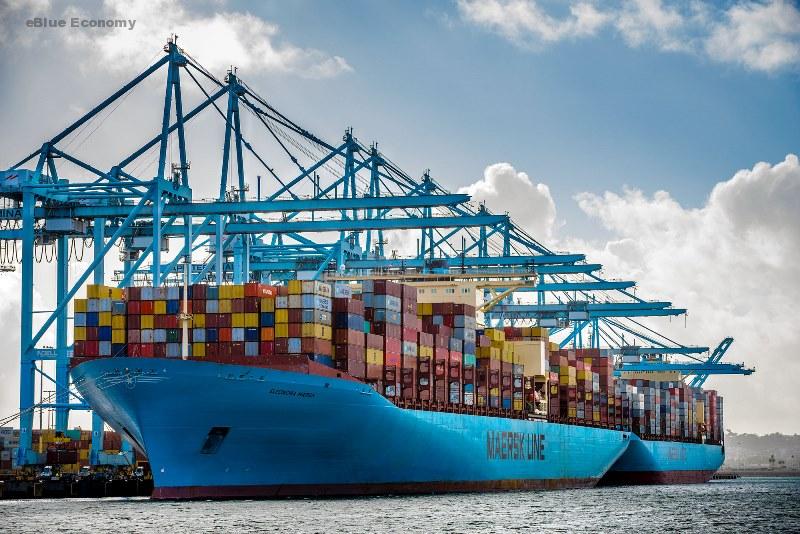The punctuality of the container ships continues to fluctuate slightly but without a clear direction of improvement or deterioration. After the slight decline observed in April, in May, according to the Sea-Intelligence surveys, the figure returned to record a small improvement (+2.1 percentage points) and therefore stood at 36.4% (the percentage of ships ‘on time’ in the ports where they are expected).
This is a value 2.3 percentage points lower than that of a year earlier, which leads the analysis company to observe that the 2022 measurements are positioning slightly below those of the previous year.

It should be emphasized that, on the other hand, the data relating to the average delay of the units that did not respect the timetable continues to improve, which in the month fell to 6.17 days (or 0.37 less than in April).
This parameter, unlike the previous one, shows a visible downward trend since the beginning of the year, when its average value was 8 days.
Among the companies, the most reliable continues to be Maersk, whose ships improve their performance by arriving ‘on time in 50.3% of cases in May, followed by the subsidiary Hamburg Sud with 43.7%.
The Danish company also appears to be the one that has come the furthest compared to a year earlier, having increased its punctuality by 4.4 percentage points. Six other carriers line up in the 30-40% range, while the ranking is closed by Wan Hai with a score of 22.1%.

Schedule reliability remains between 30% and 40%
Sea-Intelligence has published issue 130 of the Global Liner Performance (GLP) report, with schedule reliability figures up to and including May 2022. As the report itself is quite comprehensive and covers schedule reliability across 34 different trade lanes and 60+ carriers, this press release will only cover the global highlights from the full report.
Global schedule reliability seems to continue to follow the trend seen in 2021, with schedule reliability fluctuating within a small range but at a slightly lower base. In May 2022, schedule reliability improved by 2.1 percentage points M/M to 36.4%, albeit still down Y/Y by -2.3 percentage points.
This means that the 2022 score has been slightly below the 2021 level in each of the first five months. The average delay for LATE vessel arrivals decreased once again, this time by –0.37 days to 6.17 days in May 2022. The delay figure is now firmly below the 7-day mark, but it still continues to be the highest across each month when compared historically, albeit with the margin decreasing sharply.














